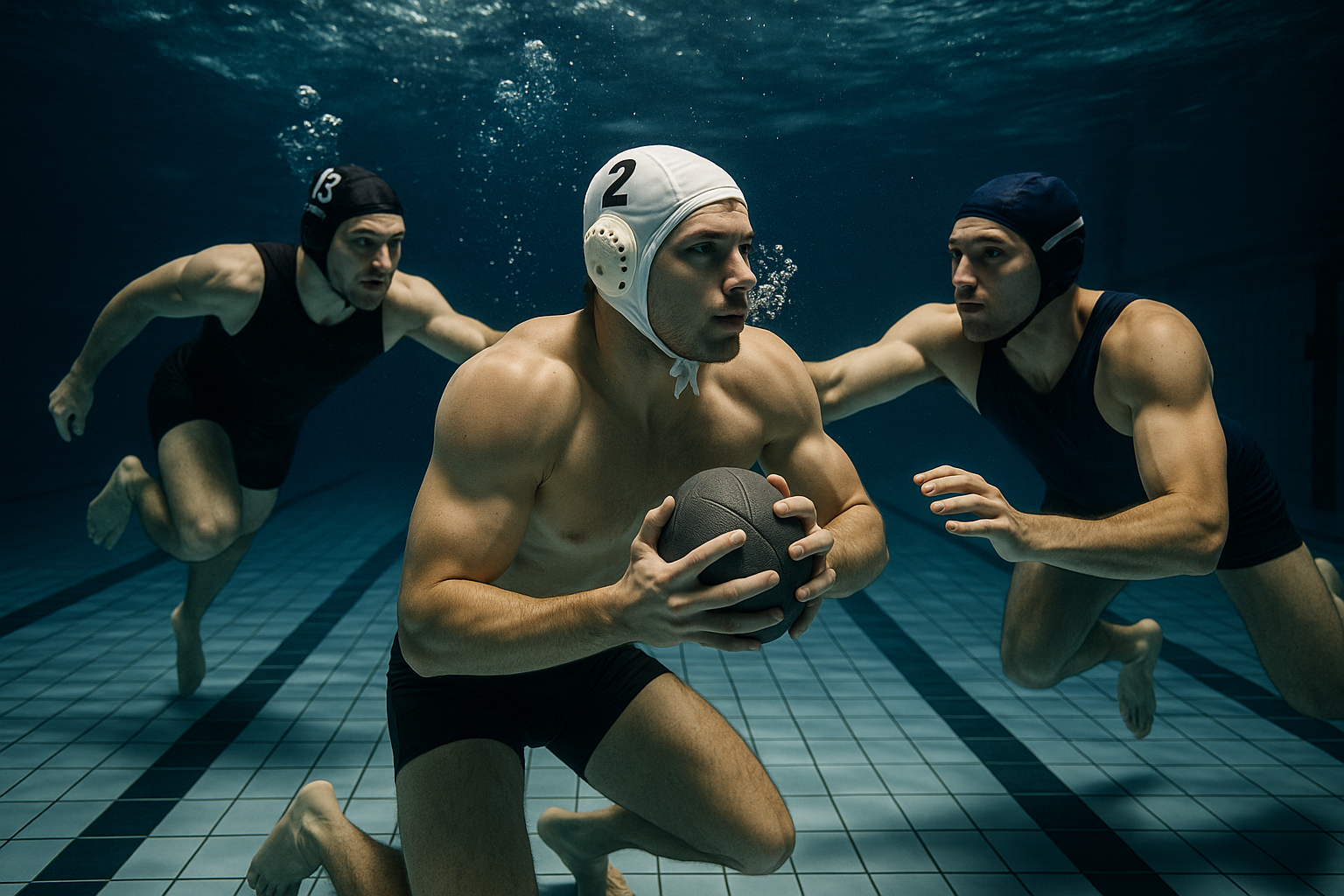A Deep Dive into the World of Underwater Rugby: Strategy, Training, and Evolution
The world of sports is vast and fascinating, filled with disciplines that challenge human limits and showcase the marvel of athletic prowess. One such sport that has steadily grown in popularity yet remains relatively unexplored is Underwater Rugby (UWR). This article takes a deep dive into the intriguing world of UWR, exploring its history, current trends, training methodologies, and real-world applications.

History and Evolution of Underwater Rugby
Underwater Rugby was born in Germany in the 1960s as a method to keep divers fit during winter. The sport quickly gained popularity and evolved into an exciting, tactically complex, and physically demanding game. Today, UWR is played worldwide, with international competitions and a well-established set of rules administered by the Confédération Mondiale des Activités Subaquatiques.
Current Trends and Developments in Underwater Rugby
The sport has seen a surge in popularity in recent years, with a growing number of participants and spectators. Strategic developments have also been notable, with teams increasingly focusing on physical conditioning, strategic ball movement, and innovative defensive formations. Besides, women’s participation in UWR has seen a commendable increase, adding to the sport’s inclusivity.
Underwater Rugby Training: Benefits and Challenges
Training for UWR is a unique blend of swimming skills, strength training, breath-hold techniques, and team strategy. The benefits are immense, including improved cardiovascular fitness, enhanced lung capacity, and development of strategic thinking. However, the sport is not without its challenges; the physical demands, the need for specialized equipment, and the requirement of a suitable pool can pose obstacles.
Real-world Application of Underwater Rugby Training
The techniques and skills developed in UWR have practical applications beyond the sport. For instance, the breath-hold techniques can be beneficial for free divers and surfers, while the strategic aspects can enhance team coordination in other sports. The physical conditioning can also contribute to overall fitness and wellbeing.
Research-backed Insights into Underwater Rugby
Research into UWR is still in its nascent stage, but preliminary studies suggest that regular engagement in the sport can lead to significant improvements in cardiovascular health, lung function, and mental resilience. However, more research is needed to fully understand the sport’s health benefits and potential risks.
In conclusion, Underwater Rugby, with its unique blend of physical conditioning, strategy, and aquatic skills, offers an engaging and beneficial sporting experience. It’s a world that invites exploration—dive in and discover a new perspective on what sports can be. The next wave of sports evolution might just be underwater.






